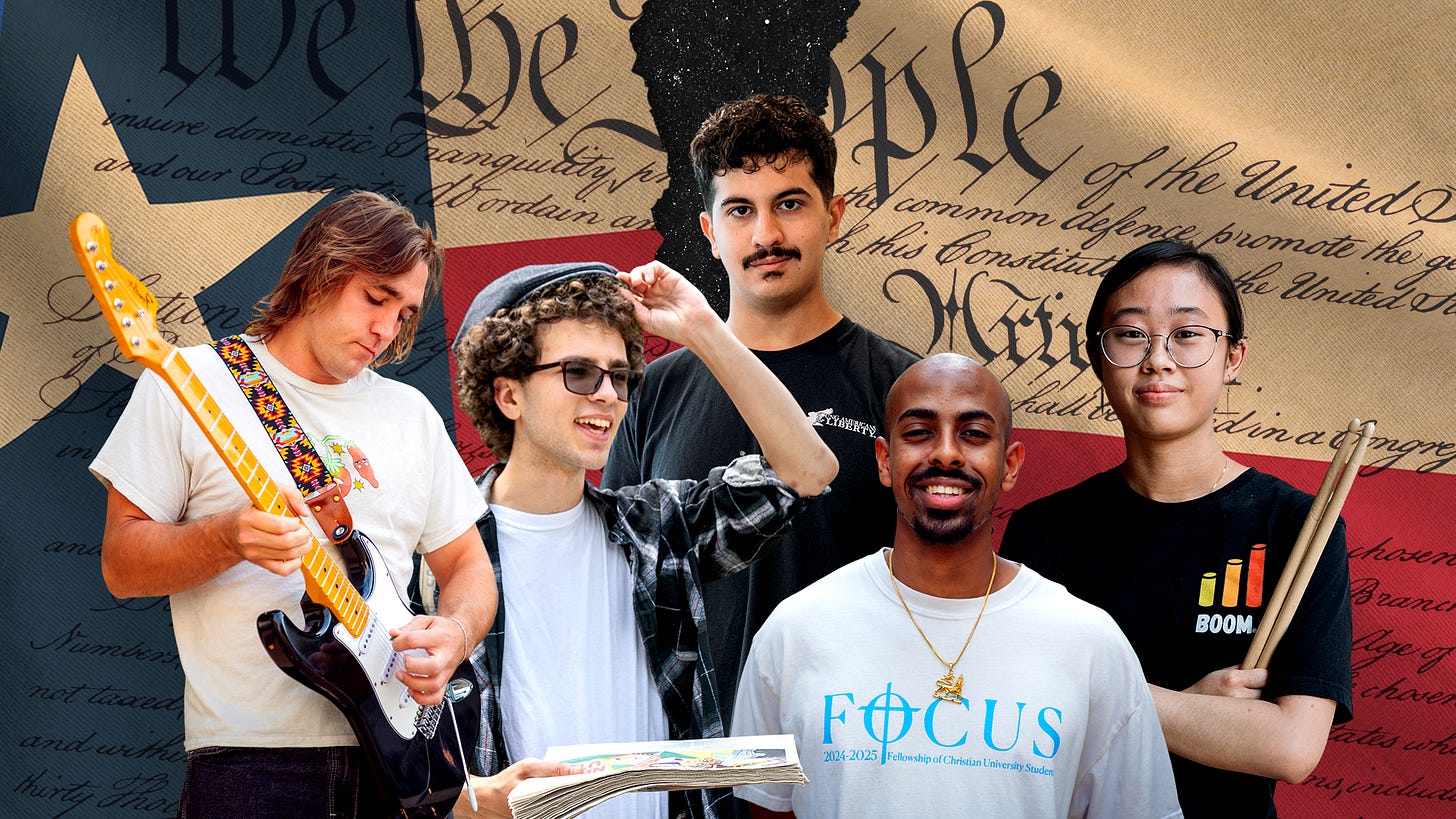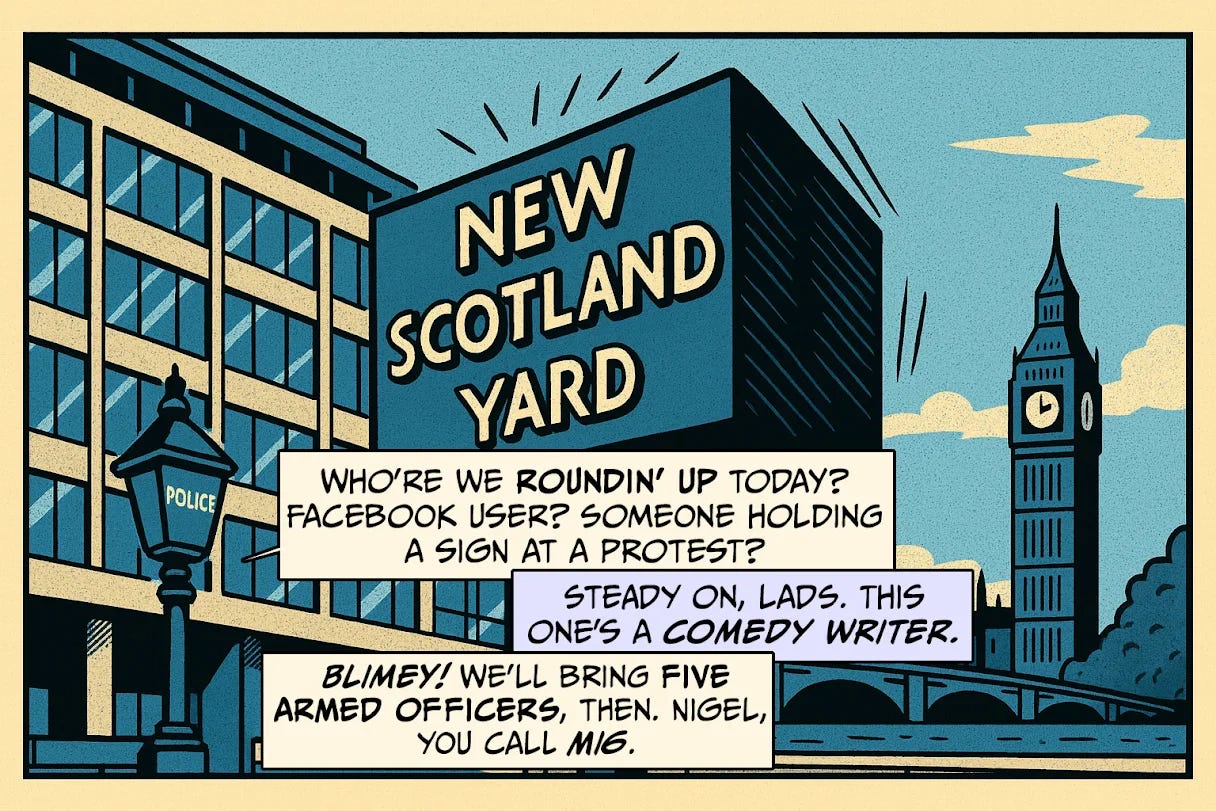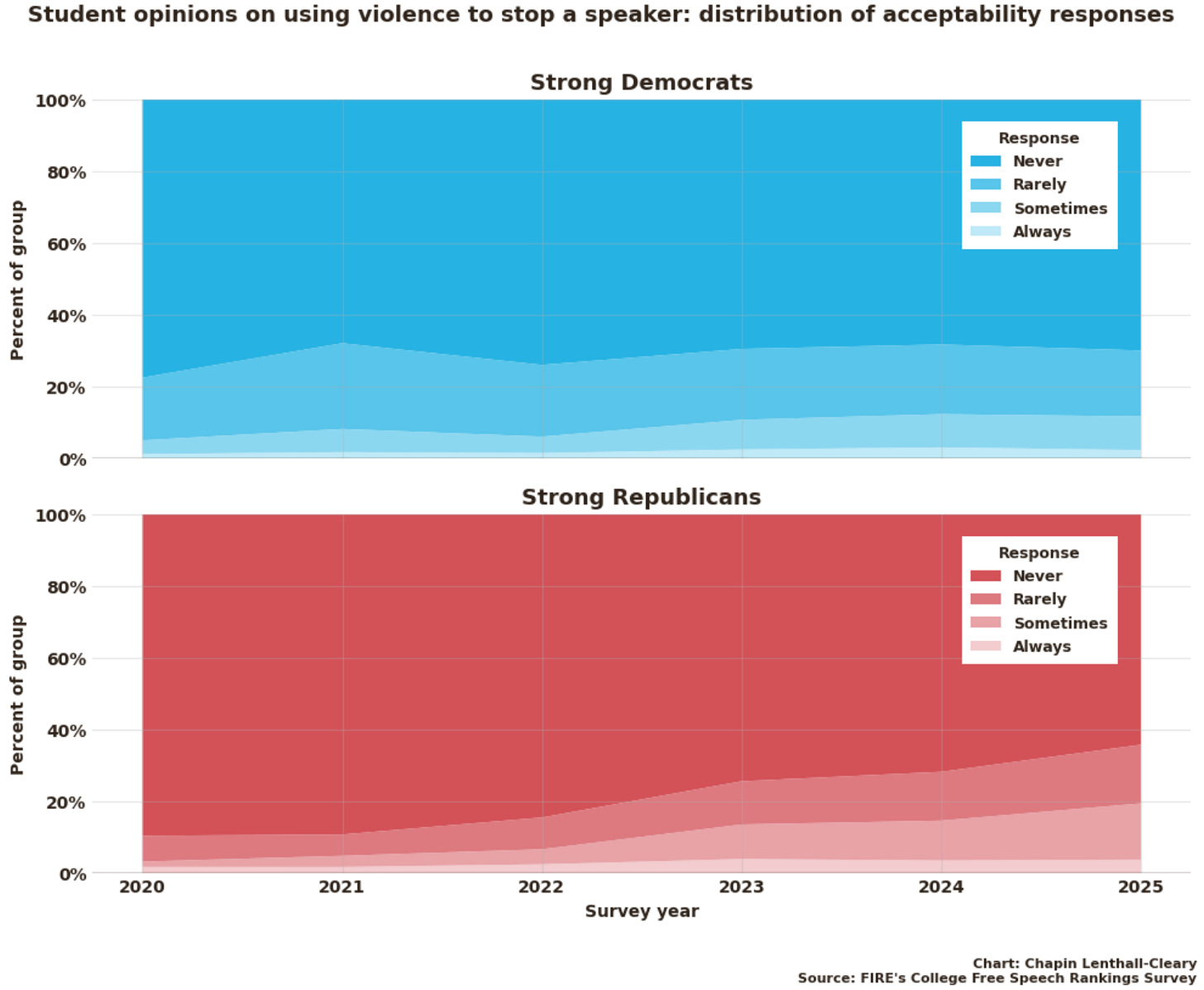FIREwire — September 5, 2025
Harvard prevails over Trump admin in federal court, and FIRE sues to stop campus censorship in Texas.
“A review of the administrative record makes it difficult to conclude anything other than that [the Trump administration] used antisemitism as a smokescreen for a targeted, ideologically-motivated assault on this country’s premier universities.” — U.S. District Judge Allison Burroughs
Harvard wins first round in legal battle against Trump admin
What happens when the government “enforces” the law by ignoring it? The answer hit the Trump administration hard this week when a federal court ruled that the government crossed the line by freezing billions of dollars in funding awarded to Harvard University — just as FIRE has publicly argued.
The court made clear that no administration can twist civil rights law into a tool for speech codes, political litmus tests, or banning student groups. The Trump administration skipped Title VI’s steps for stripping funds, denying Harvard its chance to make a case to the executive branch.
Harvard is no free speech champion, but if the country’s oldest and wealthiest university hadn’t fought to defend its rights, few others would have dared to do so. The ruling matters for every university and student across the country. FIRE’s Robert Shibley offers these takeaways from Harvard’s victory over the Trump administration’s funding freeze.
FIRE lawsuit challenges Texas speech ban at public universities
Free speech doesn’t stop when the sun sets — but Texas thinks it does. A new Texas law forces public universities to ban virtually all expressive activities after 10 PM, a violation of the First Amendment. That’s why FIRE is suing to stop this chilling law in its tracks.
FIRE is representing a coalition of students across the Lone Star State who have a constitutional right to speak, publish, and worship without checking their watch. The First Amendment doesn’t take nights off, and neither does our defense of it.
Yes, the UK really is that bad for free speech
Irish comedy writer Graham Linehan was arrested by armed officers at London’s Heathrow airport on Monday over posts he made on social media. And the justification offered for his arrest was that his posts, which he made while traveling in the United States, were “incitement to violence” within the laws of the United Kingdom. FIRE President and CEO Greg Lukianoff explains just how dire the state of free speech has become across the pond.
New campus censorship hack turns trademark law into muzzle
Gallaudet University muzzled a student organization’s social media account by claiming trademark infringement. While the university initially succeeded in shutting down the account, swift action by FIRE and Instagram’s parent company Meta ensured that free speech — and proper application of trademark law — won the day.
This week’s datapoint
Republican college students are increasingly likely to support extreme censorship, according to FIRE research. From shouting down speakers to blocking access to events, Republicans are starting to embrace methods long preferred by students on the left.
Also in the news
In the Chronicle of Higher Education, FIRE’s Senior Scholar for Global Expression Sarah McLaughlin warns that higher education has long been a target of authoritarian censorship from abroad, particularly the Chinese government — and faces domestic threats, too.
Northwestern University President announced his resignation on Thursday following the federal funding freeze.
The University of California system warned state lawmakers on Tuesday that federal funding cuts could extend well beyond UCLA as tensions between the Trump administration and American colleges continue to rise.






I’m not sure about the details of the Texas law, but wouldn’t it be similar to a noise ordinance? Unless its aim is prohibit expression, worship, etc. no matter the location after 10pm, it’s unreasonable that an ordinance is put in place to preserve the peace of the night in public spaces. I’m in a band and we regularly have our sets ended at 11pm due to noise ordinances when its an outdoor gig. For indoor gigs we have much more leeway to play later into the night, which normally (in NY) isn’t much later than 2am (when legally the alcohol cannot continue being sold). But even still, if the venue is in a residential neighborhood its not totally uncommon to have the police called for volume. It rarely results in any citations but there are prohibitions of noise level that can be cited after repeated warnings which would reasonably fall under “public disturbance” even when the noise is originating in a private location. So unless Texas is aiming to stifle any and every level of expression beyond 10pm then I don’t see how its much more than a simple noise ordinance meant to keep the peace. One the very few instances where there’s an arguably reasonable guardrail on the First.